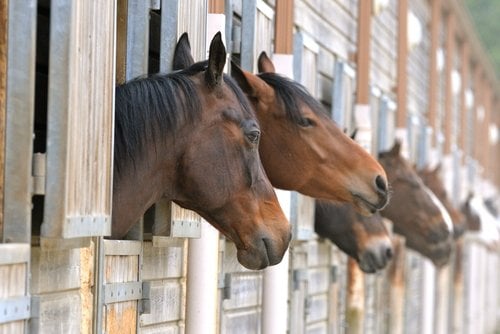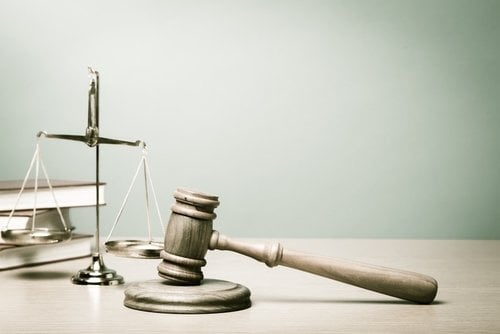When Should You Update Your Will?
Creating a will is one of the most important steps in protecting your family and your assets. But a will is not a “set-it-and-forget-it” document....

Boarding Stables have long had to deal with horse owners who fail to pay for their horses care month after month. Much like a landlord who has to deal with a tenant who refuses to pay rent, stable owners have a very strict legal protocol they must follow to seek compensation for past services. Like landlord-tenant law, stable owner-horse owner laws favor the owner of the horse and not the stable owner who owns the debt.
For a stable owner in Ohio to collect on late payments for board and care, they must closely follow the language of Ohio Revised Code 1311.49. ORC 1311.49 allows for:
If the owner of an animal, upon written demand by the lien holder, fails to satisfy a lien acquired under section 1311.48 of the Revised Code the lien holder may sell the animal at public sale to satisfy such lien.
The rest of this statute lists out careful steps a board owner must take in order to place a lien upon a horse and then collect payment. The steps can be broken down as follows:
It is very important that the stable owner follow these steps because if a stable owner sells the horse without taking these steps, then the stable owner may be held liable for theft or conversion. Furthermore, if someone purchases a horse from a stable owner who does not follow the exact steps, the purchaser may also be liable for lawsuits, will not have a clear title for the horse, and may not be able to change the ownership on the horse’s registration.
Placing a lien on a horse is not the only option for a stable owner. The stable owner may also be able to file a lawsuit against the horse owner for breach of contract or other civil action. However, this option means that the stable owner will have to prove the existence of the debt, how much is owed, and who owes it. Additionally, the stable owner may have to pay attorney fees for this option. To improve your chances of success in a lawsuit against a horse owner, keep accurate records of any bills pertaining to the horse (farrier, vet, etc.), copies of the boarding contract, and any other documents that pertain to the worth of the horse.
If a stable owner wins a judgement against the horse owner, state law will usually give the stable option more options to collect the debt than a traditional lien would provide. This includes selling of the horse, seizing assets of the horse owner, or garnishing the pay checks of the horse owner. To find out what Ohio allows, please contact Attorney Jacqueline MacLaren for more information.
This information is designed to provide a general overview with regard to the subject matter covered and is not construed to be legal advice.
Authored by: Mary E. Zoldak
MacLaren Law LLC is a firm that focuses on Estate Planning, Business, and Equine Law. If you would like to know more about Equine Law, feel free to read our Equine Law articles. If you would like would to find out more information about your legal circumstances, don’t hesitate to contact us now!
Serving Columbus and Central Ohio
MacLaren Law LLC provides counsel for the equine law needs of Columbus, Ohio and its surrounding communities, including: Bexley, Dublin, Upper Arlington, Worthington, Westerville, Pickerington, Pataskala, Delaware, Plain City, New Albany, Gahanna, Newark, Zanesville, Marysville, and Powell. MacLaren Law also serves Franklin, Delaware, Knox, Licking, Union, and Muskingum counties.

Creating a will is one of the most important steps in protecting your family and your assets. But a will is not a “set-it-and-forget-it” document....

Probate Court Frequently Asked Questions 1.What is Probate?

Estate Planning Myths Estate planning often conjures images of the ultra-wealthy or elderly. But that is not really the case? At Maclaren Law, we...